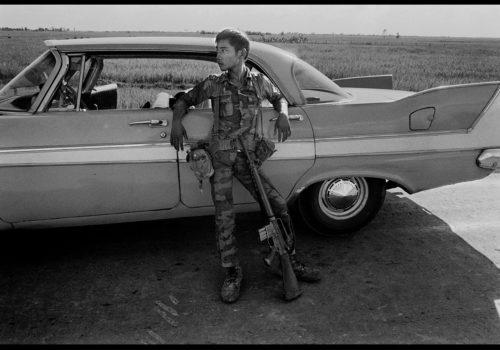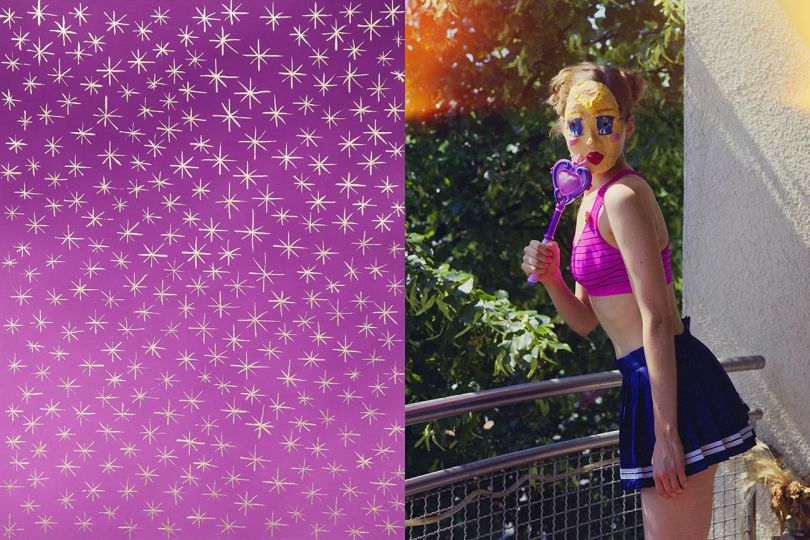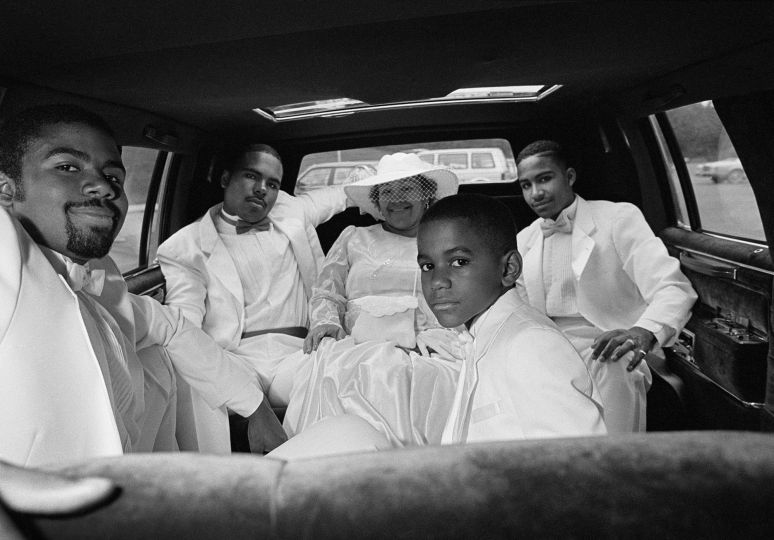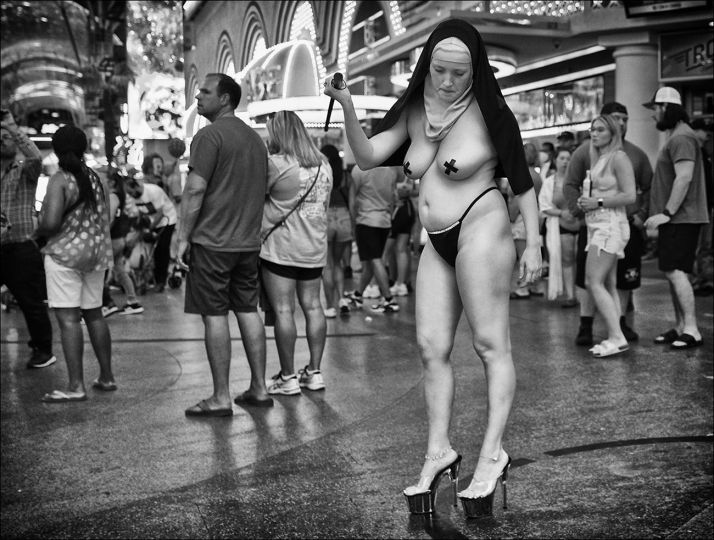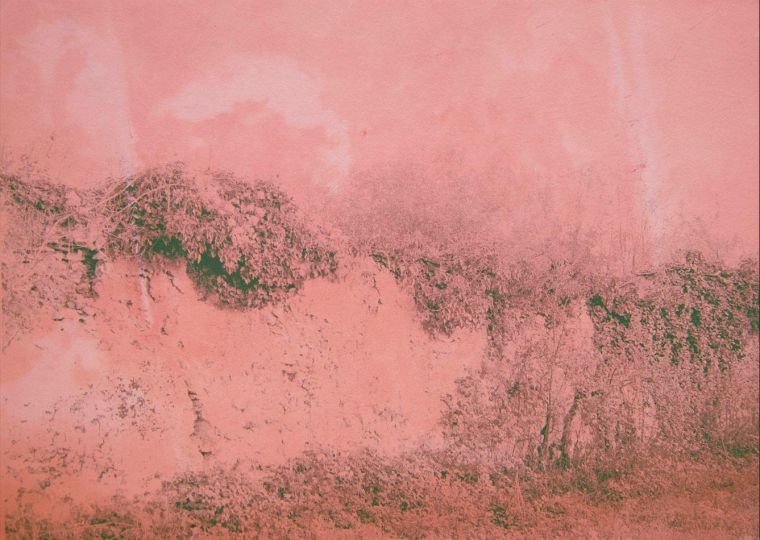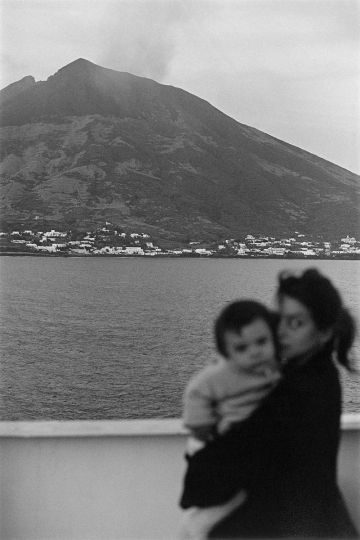The RSF Album for Press Freedom collection honors the greatest photographers of the 20th century. After Robert Capa, Don McCullin or Raymond Depardon, it is now to Abbas (1944-2018), an Iranian photographer who said “to write with light”, that we pay homage.
On the ground in Iran, South Africa, Biafra, Northern Ireland, or even in Afghanistan, the one who wanted to order the chaos in images also testified for several decades to the relationship of Man with the divine. His passing in 2018 left the world of photography orphaned by one of its greatest storytellers. For the first time, his black and white images are brought together in a single album.
The portfolio of a hundred pages, sequenced in four chapters illustrating each facet of Abbas’ career (Fracas, Iran, Divin, L’œil) opens with a foreword by Pierre Haski, president of RSF. It is illuminated by other unpublished texts: the “Le moment suspendu (the suspended moment)” by Abbas himself; the historic reunion with the apartheid colonel he immortalized and presented on the cover of this album, by Hamish Crooks; the brotherly story of Ian Berry; the vibrant testimony on Iran by Shirin Ebadi and the moving tribute by Melisa Teo.
“My work as a photographer is a reflection that comes to life in action and leads to meditation. Spontaneity – the suspended moment – occurs during the action, in the viewfinder. It is preceded by a reflection on the subject and followed by a meditation on the finality, and it is there, in this exhilarating and fragile moment, that the true photographic writing begins: the sequencing of the images.
To carry out this undertaking, it is therefore necessary to think like a writer. Isn’t photographing “writing with light”? With one difference: the writer owns his words while the photographer is possessed by his images, by the limits of reality that he must transcend in order not to be its prisoner.”
— Abbas, Le moment suspendu
“It was one of his aspirations, and it is sad that we are only realizing it too late. A ten-year-old project, which we had talked about shortly before its disappearance in 2018. It had arrived in a café on the Place du Palais-Royal in Paris with a complete portfolio, as if time was pressing, as if it had to publish clearly and urgently. On our side, we were convinced that we had the time. Counting on time is a terrible mistake, and one that is paid for in cash. Abbas is no more, and if it is a book by him, it is a book without him.”
— Christophe Deloire, Secretary General of Reporters Without Borders.
An Iranian who emigrated to Algeria and then to France, Abbas began his career at the end of the 1960s by covering political and social conflicts. In Tehran in 1978 when the revolutionary movement began, he covered both the demonstrations for and against the autocratic power of the Shah. Long-lastingly indignant at the perversion of the Iranian revolution by religious extremism, Abbas will strive, until the end of his life, to document the complex relationships of men with spirituality and the gods. In monotheisms first, but also among animists, shamans or followers of the voodoo cult in Haiti. Disappeared in 2018 at the age of 74, Abbas, an Iranian photographer of the world, has kept his eyes and mind wide open all his life.
“This album is a tribute to a great humanist photographer, to a free man.”
— Pierre Haski, president of Reporters sans frontières, close to Abbas since their meeting in South Africa in 1978.
With unpublished contributions from: Ian Berry, photographer, friend of Abbas since their coverage of Vietnam; Shirin Ebadi, Nobel Peace Prize (2003); Hamish Crooks, son of Abbas; Melisa Teo, photographer and wife of Abbas and a foreword by Pierre Haski, journalist and president of Reporters Without Borders.
https://boutique.rsf.org/product/72-abbas/

